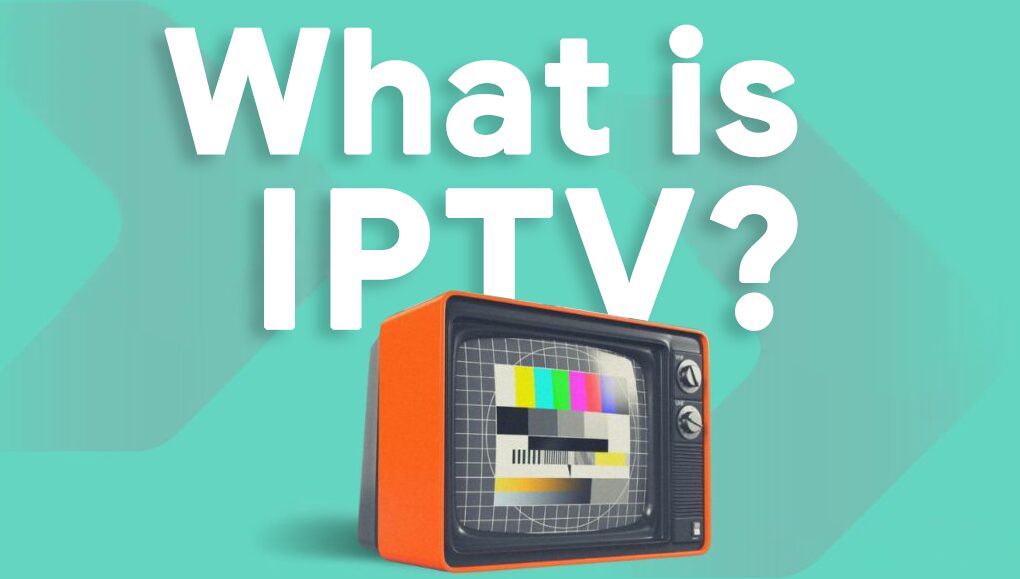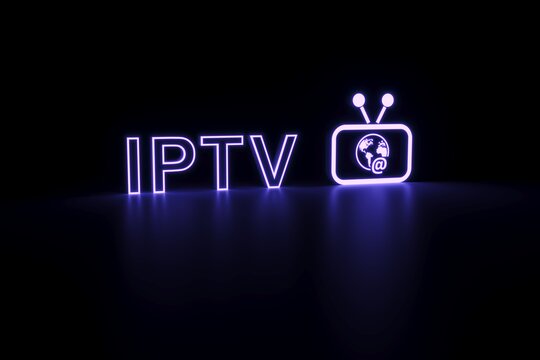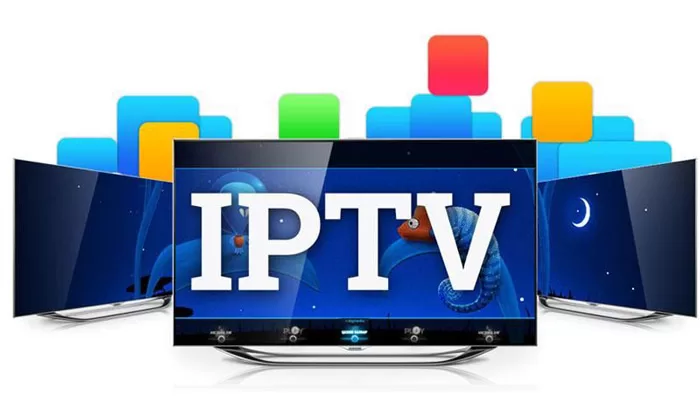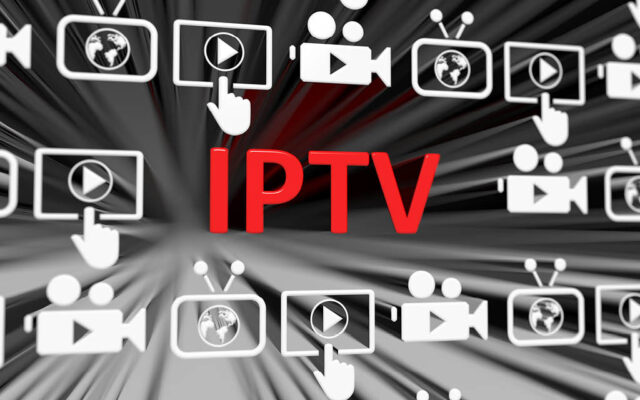When thinking about IPTV, the first question that comes to mind is whether your connection can handle it. It’s not just about speed; it’s about reliability, consistency, and a few other factors.
If you’re relying on streaming for live sports, movies, or your favorite series, you want everything to run smoothly. No one likes buffering, freezing, or loss of picture quality. So, how do you know if your setup is up to the task? Let’s walk through the key points.
Key Points:
- Speed matters, but it’s not everything.
- Stability and latency play major roles.
- Data limits can disrupt your experience.
- Device compatibility is essential.
- Router placement and connection type influence performance.
What is IPTV?

IPTV, or Internet Protocol Television, is a way to watch TV and on-demand content through your connection instead of traditional cable or satellite. You can stream channels, movies, and series directly to your device.
Services like Sverige IP TV offer a wide variety of channels, movies, and shows in high quality. Whether it’s live sports or entertainment, IPTV gives you access to what you want, when you want it. But, how good does your connection need to be?
Speed Isn’t Everything
Many people focus solely on the speed of their connection. It’s a common mistake. Yes, speed matters, but it’s just one piece of the puzzle.
Most IPTV providers recommend speeds of at least 5 Mbps for standard definition, 10 Mbps for HD, and 25 Mbps or more for 4K content.
If you have multiple devices streaming at the same time, you’ll need more bandwidth. But speed alone doesn’t guarantee a smooth experience.
Your connection could be fast, but if it’s unstable, you’ll still face interruptions. Constant fluctuations can cause buffering or dropped streams, no matter how fast your plan is. If your internet fluctuates, IPTV might suffer. So, what else should you consider?
Stability Over Speed

Even with high speeds, if your connection drops often or lags, you will encounter issues with IPTV services. Jitter, or the variation in packet delivery time, can cause those annoying pauses and glitches. It doesn’t matter if you’re watching in HD or 4K—stability should be a top priority.
Latency, or the delay in data transmission, is another factor. High latency means there is a longer delay between when the data is sent and when it is received. It may not affect on-demand movies as much, but for live sports or real-time events, it’s noticeable. The lower the latency, the better.
Check Your Data Limits
If you are on a data-capped plan, you need to pay attention. IPTV can consume a lot of data, especially with higher-quality streams. Watching a movie in 4K can use up to 7 GB per hour. Live sports, which require real-time data transfer, can also add up. If you exceed your data limit, your connection might slow down or get throttled, ruining the streaming experience.
Unlimited data plans are ideal if you plan on heavy streaming. If not, keep track of your usage. If you go over your limit, the provider might cut your speed or charge you extra, both of which can ruin your IPTV sessions.
The Importance of Device Compatibility
Your connection might be great, but are your devices up to the task? Modern smart TVs, smartphones, tablets, and set-top boxes are usually compatible with IPTV services, but older devices might struggle. If your device can’t handle the resolution or processing demands, the stream will lag or lose quality, even with a good connection.
It’s worth checking the specs of your device to ensure they can support what IPTV offers. Some services offer 4K content, which requires more processing power. If your device is outdated, it’s time to upgrade to avoid issues.
Router Placement and Connection Type

If your device is far from the router, or if there are many walls or obstacles, the signal might weaken, leading to poor streaming quality. Ideally, your device should be as close to the router as possible, or you should use a wired connection.
Wi-Fi is convenient, but it can be unpredictable. Interference from other devices, walls, and even your neighbor’s Wi-Fi can disrupt the signal. A wired connection using an Ethernet cable provides a more stable and reliable experience for IPTV. If you’re experiencing issues on Wi-Fi, consider switching to wired for better performance.
Test Your Connection
Before committing to any IPTV service, it’s a good idea to test your connection. Many services offer free trials, allowing you to assess how your internet performs with the service.
If you notice frequent buffering or interruptions, it’s a sign your connection might not be strong enough. A simple speed test can also give you an idea of your current speed and stability.
Several online tools allow you to check your connection’s speed, jitter, and latency. Testing during peak usage times can show if your connection holds up when it’s most in demand. If you consistently experience slowdowns or disruptions, consider upgrading your plan or contacting your provider for better service.
Troubleshooting Tips
If you experience buffering, pixelation, or lag while streaming IPTV, there are a few simple steps you can take to improve your experience. Start by rebooting your router. Sometimes, a quick reset can fix minor issues and refresh the connection.
Next, reduce the number of devices using your network. If multiple people are streaming or gaming at the same time, your bandwidth will be stretched thin.
Prioritize IPTV by limiting other activities when watching. If all else fails, consider upgrading your equipment or contacting your provider to resolve persistent issues.
Final Thoughts

The quality of your connection is a major factor in how well IPTV will work for you. Speed is important, but stability, latency, and data limits play a huge role too.
Make sure your devices are compatible, your router is placed correctly, and consider a wired connection if you face Wi-Fi issues. Test your connection, make necessary adjustments, and enjoy seamless IPTV streaming.







